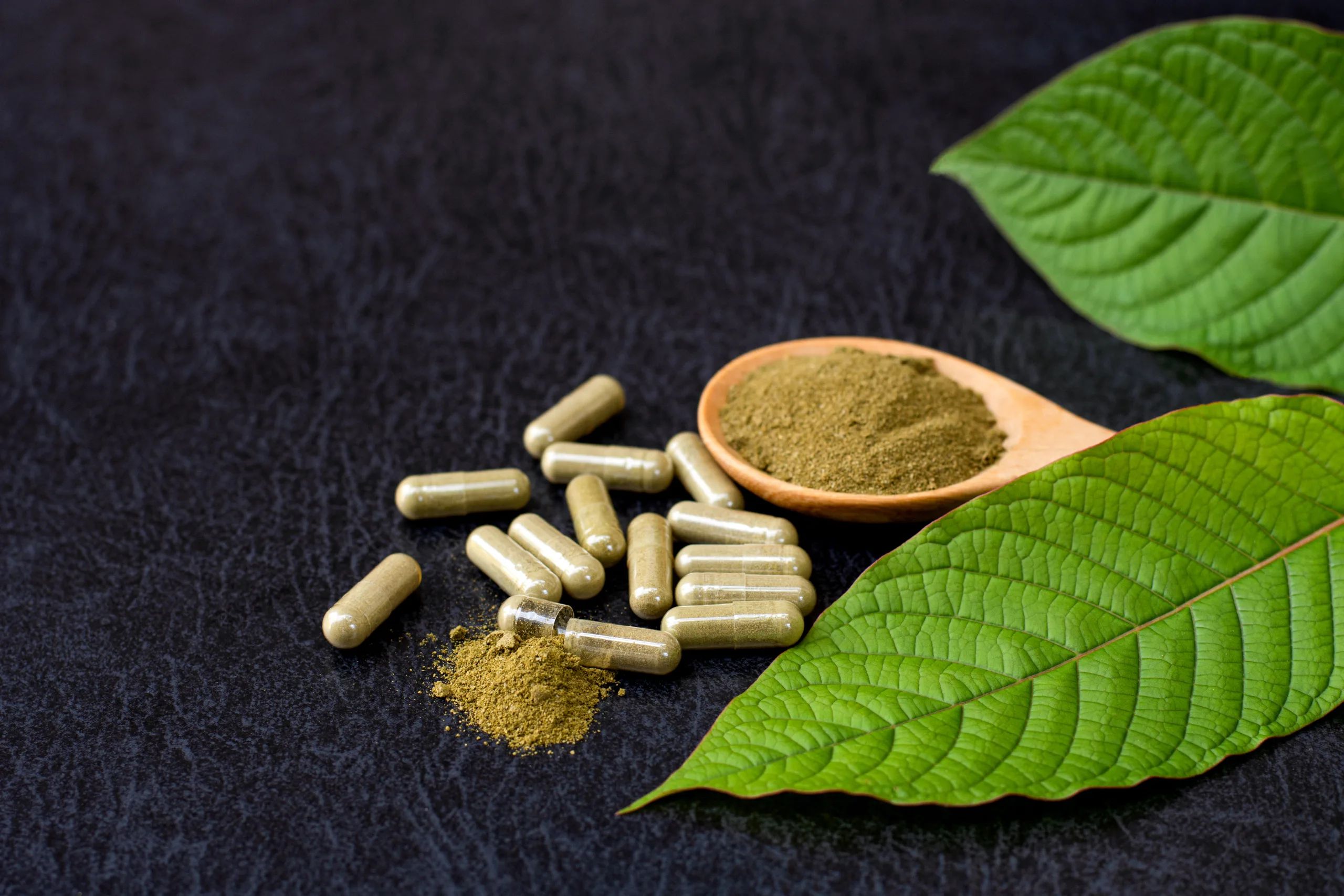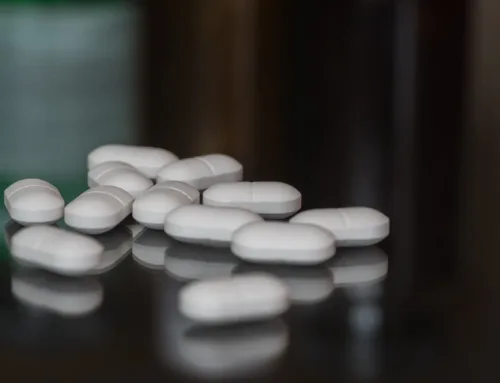Kratom vs. Opioids: What You Need to Know
In recent years, kratom has gained a reputation as a natural option for pain relief, mood regulation or easing opioid withdrawal. But despite its marketing as a safe herbal supplement, research and real-world experience show that kratom’s effects closely mirror those of opioids. At Freedom Detox & Recovery Center, many clients share that what began as an attempt to manage pain or improve focus gradually turned into dependence and withdrawal symptoms.
Understanding the true differences between kratom and opioids can help you or a loved one recognize the risks and take the first step toward recovery.
How Kratom Works in the Body
Kratom is made from the leaves of the Mitragyna speciosa tree, which grows in Southeast Asia. The plant’s main active compounds are mitragynine and 7-hydroxymitragynine (7-OH). Both chemicals bind to the same mu-opioid receptors in the brain that drugs like morphine and oxycodone target.
At low doses, kratom may act as a stimulant, increasing energy or focus. At higher doses, it produces sedative and pain-relieving effects. The compound 7-OH is particularly powerful and has been shown to create euphoria and physical dependence similar to opioid use.
Over time, repeated exposure changes brain chemistry, leading to tolerance and withdrawal. People who stop using kratom often experience anxiety, irritability, muscle aches and insomnia. While kratom may seem mild compared to prescription opioids, its impact on the brain can still cause lasting harm.
Why Opioids Are More Potent but Kratom Is Still Dangerous
Prescription opioids such as hydrocodone, oxycodone, morphine and fentanyl are extremely strong painkillers. Because they act rapidly and intensely on the brain’s reward system, tolerance develops quickly and the risk of overdose is high.
Kratom is less potent than these drugs, but that does not mean it is safe. Many kratom products are unregulated, meaning users have no way of knowing their strength or purity. When combined with alcohol, benzodiazepines or other sedatives, kratom can suppress breathing and cause life-threatening reactions.
Both kratom and opioids share key similarities. They both affect the same brain receptors, both produce euphoria that can lead to compulsive use and both cause withdrawal when stopped. Kratom may seem like a gentler option, but it still carries the same addiction risk profile in the long run.
The Truth Behind the “Natural Means Safe” Myth
Many people assume that if a substance is plant-based, it must be harmless. Unfortunately, this belief has led to rising rates of kratom-related hospitalizations and poison control calls in recent years. The U.S. Food and Drug Administration (FDA) continues to warn the public that kratom and 7-OH can cause addiction, liver toxicity and even death.
In July 2025, the FDA recommended that 7-OH be classified as a controlled substance after it was found in several unregulated vape and supplement products. The Associated Press also reported that U.S. health officials are cracking down on kratom sales after complaints of serious side effects. In California, law enforcement agencies recently seized more than five million dollars’ worth of illegal kratom and 7-OH products from stores in Sacramento and San Diego. These actions highlight a growing consensus among experts: kratom is not a safe or regulated alternative to prescription pain medication.
Why Using Kratom to Manage Opioid Withdrawal Can Backfire
Many individuals turn to kratom to reduce opioid withdrawal symptoms. While it may briefly ease discomfort, kratom does not address the neurological changes caused by addiction. Instead, it often replaces one dependency with another.
Because kratom’s effects are less predictable and dosing is inconsistent, people who self-medicate can quickly find themselves in a cycle of withdrawal, relapse and frustration. The safest way to manage withdrawal is under medical supervision, where symptoms can be treated effectively and comfortably.
Safe Detox and Supportive Recovery at Freedom Detox
If you or someone you care about is using kratom or opioids and is finding it difficult to stop, Freedom Detox & Recovery Center can help. Our licensed medical team provides a safe, structured environment where withdrawal symptoms can be managed with care and compassion.
We use evidence-based methods to stabilize the body, reduce discomfort and prepare each client for long-term recovery. Whether your struggle began with prescription painkillers or a “natural” alternative like kratom, we can help you take back control of your life.
Recovery starts with a single step. Reach out to Freedom Detox & Recovery Center today learn more about our medically supervised detox programs and how we can support you on the path to healing.





